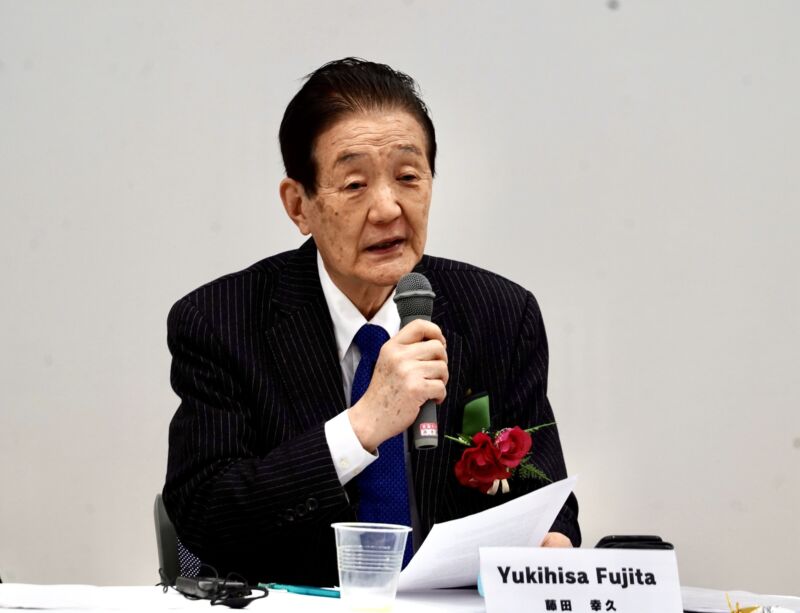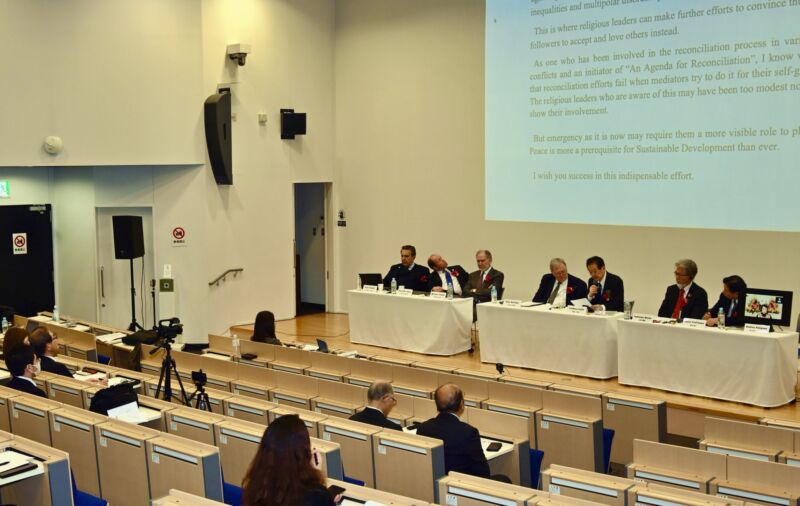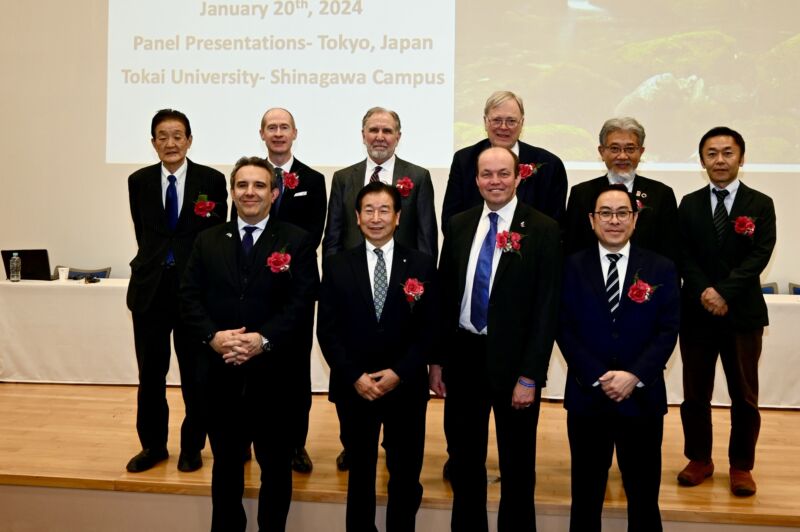Speech at Tokai University G20 Interfaith Summit
Published: 2024-01-20
On January 20, I spoke at Tokai University G20 Interfaith Summit
The following is my text.
“A New Agenda for Peace and Reconciliation a time for religious leaders to step up”
Our world has devolved into crisis with the coronavirus pandemic and, now, simultaneous conflicts in Ukraine and Gaza. These wars are no longer “distant wars” but have become “my war of tomorrow” for everyone on this planet.
At a multi-faith conference in 2019, German President Frank-Walter Steinmeier said, “We must be united in our belief that religion must never be cited as a justification for hatred or violence! No war must be waged in the name of religion!”
There are, however, plentiful examples of religion being exploited to justify war. We cannot overlook the fact that religion was among the reasons used to justify Japan’s entry into World War II.
Peace-building initiatives by multi-religious leaders are more vital than ever. Religious actors can coordinate with policymakers and intergovernmental entities to facilitate reconciliation, rather than religion being used to justify conflict.
Political leaders – particularly those with authoritarian leanings – are good at agitating religious believers to be against others. Accordingly, divisions, inequalities and multipolar disorder can spread worldwide.
This is where religious leaders need to make greater efforts to convince their followers to accept and love others instead of encouraging hatred.
In July 2023, the UN Secretary-General António Guterres introduced ‘A New Agenda for Peace’ which outlines multilateral efforts for peace and security. The original ‘Agenda for Peace’ was initiated by the UN Secretary-General Boutros Boutros-Ghali in 1992, to deal with internal conflicts between different races and religions after the end of the Cold War.
Inspired by this, in 1996 I initiated “An Agenda for Reconciliation” which continues to provide a safe space for sharing and training in Africa and between Palestinians and Israelis. As one who has been involved in the reconciliation process in various conflicts, I understand that reconciliation efforts fail when mediators try to do it for their own self-gain. Religious leaders who are aware of this may have been too modest not to show their involvement.
But the crises that we face now may require them to play a more visible role. Peace is more of a prerequisite for Sustainable Development than ever before. “A New Agenda for Peace and Reconciliation” by religious leaders are urged.
I wish you success in this critically important effort.


